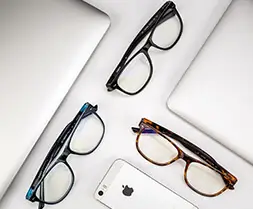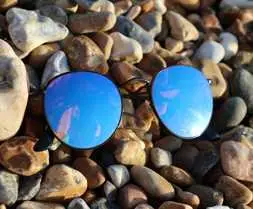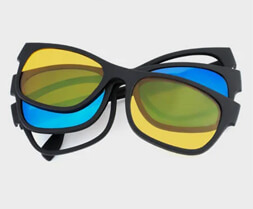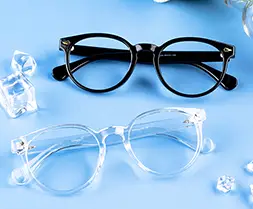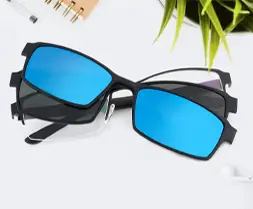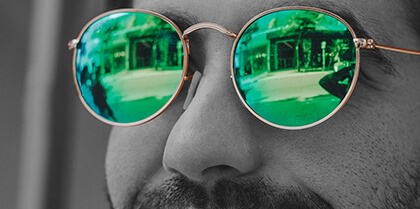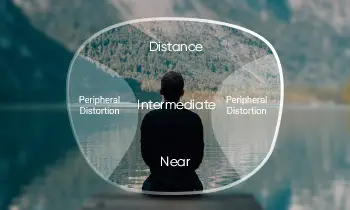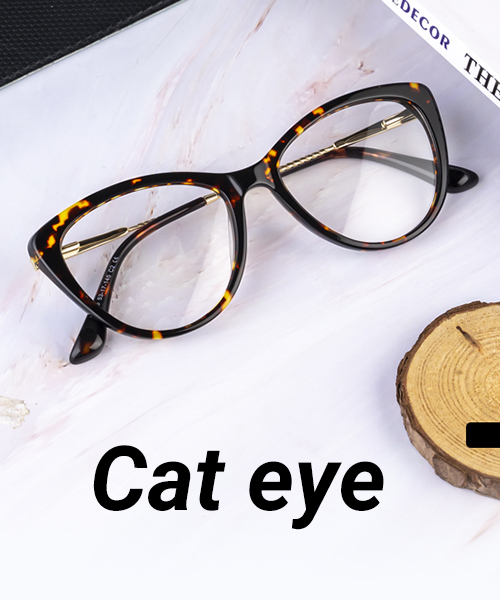A new study of fruit flies from Oregon State University suggests that too much blue light may accelerate the aging process. Another statistic shows that we face electronic screens for more than 29.5 hours per week per person.
What exactly is blue light
Although it is already a clichéd topic, every time we talk about blue light, the definition of blue light must still be elaborated. Blue light is divided into harmful blue light and beneficial blue light. The harmful blue light will cause eye discomfort and seriously induce macular degeneration, resulting in imaging distortion and blurred vision/lack of vision.
Blue light within the wavelength of 380nm-445nm is harmful blue light, while the blue light between 480nm-500nm has a role in adjusting biorhythms, sleep, mood, memory, etc. are related, but it is beneficial to the human body.

In our lives, blue light is present in large amounts in light from computer monitors, fluorescent lights, cell phones, digital products, displays, LEDs, etc. Blue light within this wavelength can increase the amount of toxins in the macula of the eye and seriously threaten our eye health.
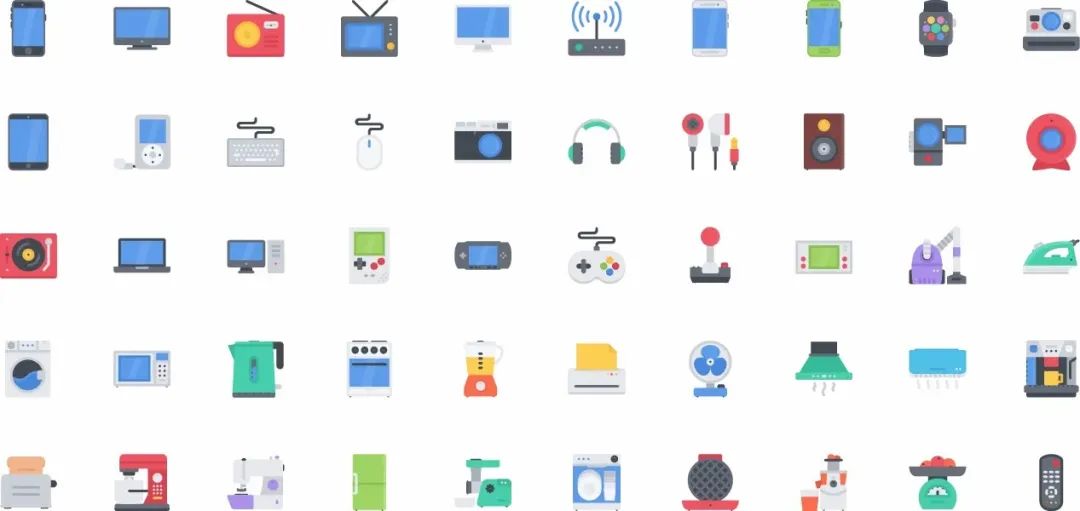
Does blue light really cause aging
In the latest study, researcher Jadwiga Giburtovich, a professor in the Department of Integrative Biology at Oregon State University, said, "We have shown for the first time that levels of a specific metabolite (chemicals essential for proper cell function) change in Drosophila exposed to blue light.
The researchers compared metabolite levels in Drosophila exposed to blue light for two weeks with those in complete darkness. They found that blue light exposure resulted in significant differences in metabolite levels in Drosophila head cells. Particularly an increase in metabolite-succinate but a decrease in levels of - glutamate, which is responsible for interneuronal communication. Succinate is essential for cell function and growth.
The changes recorded by the researchers suggest that cells operating at suboptimal levels may cause them to die prematurely, further explaining their previous finding that blue light accelerates aging. In addition, since the signaling chemicals in Drosophila and human cells are identical, blue light negatively affects humans.
Therefore, overexposure to blue light emitted from the screens of electronic devices such as cell phones and computers may harm various cells in the body, including skin cells, fat cells, and even neurons, and can accelerate aging.
How to protect against blue light
Since the harm of blue light has been discovered, how can we reduce or avoid these damages?
First, we need to reduce the time of looking at the screen, which is essential for "eternal youth." Secondly, maintain good eye habits, do not look at cell phones, computers, and other electronic screens when the lights are off, and follow the 20-20-20 rule to let our eyes get some rest. You can also choose a pair of anti-blue light glasses to filter and reduce harmful blue light.



